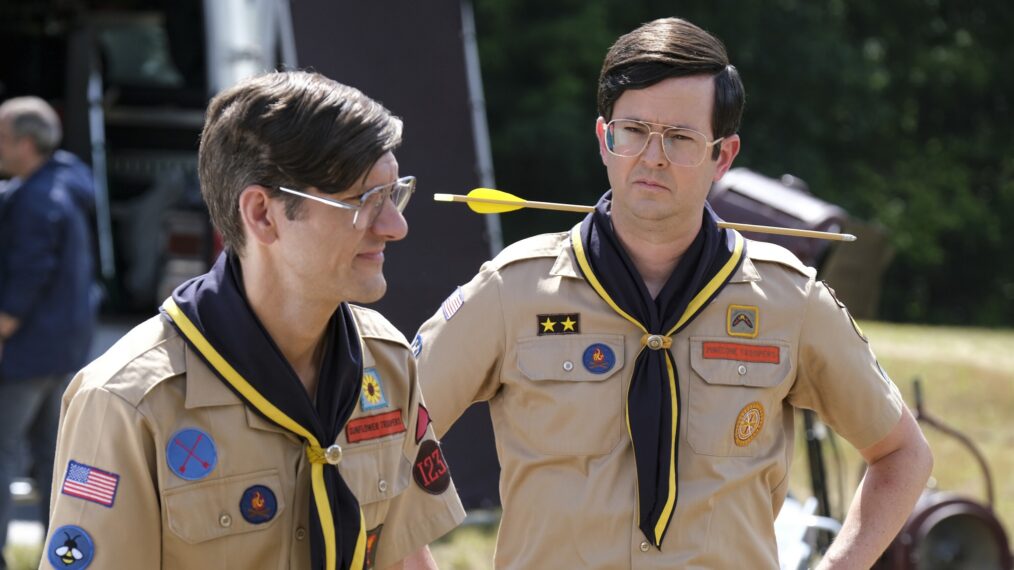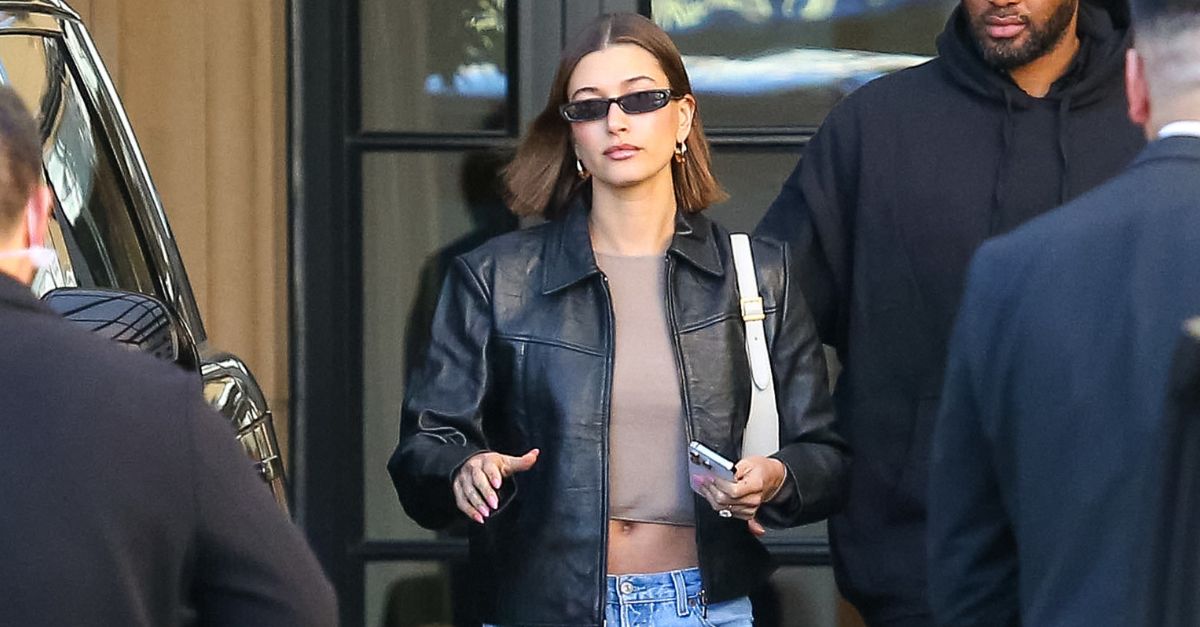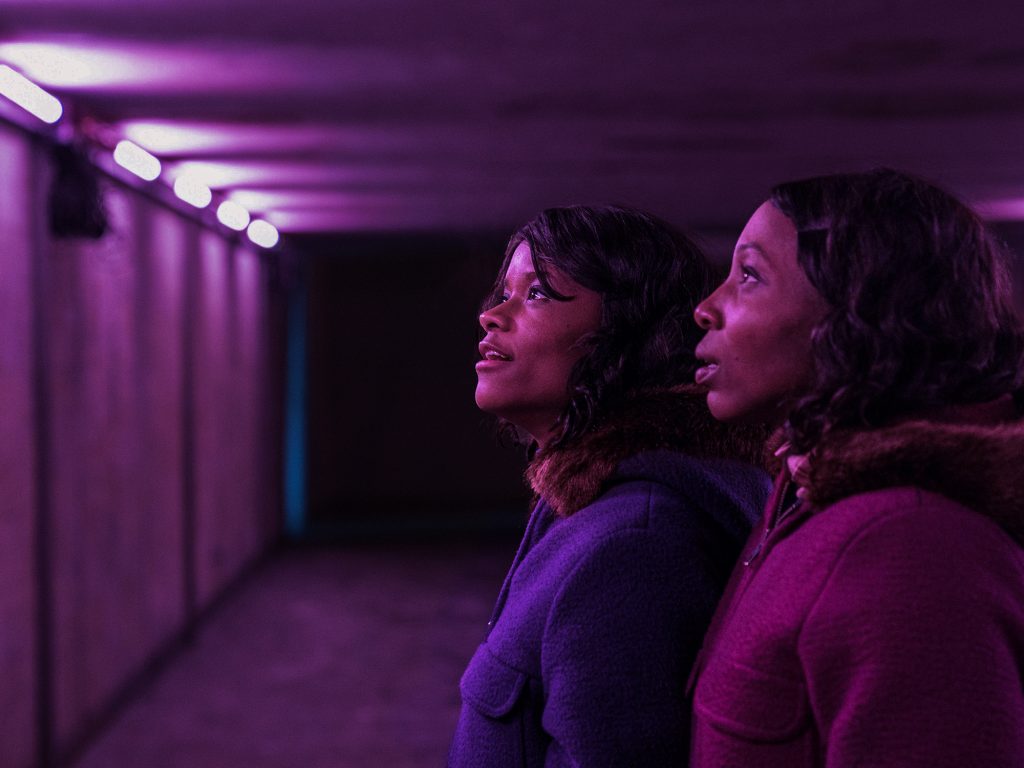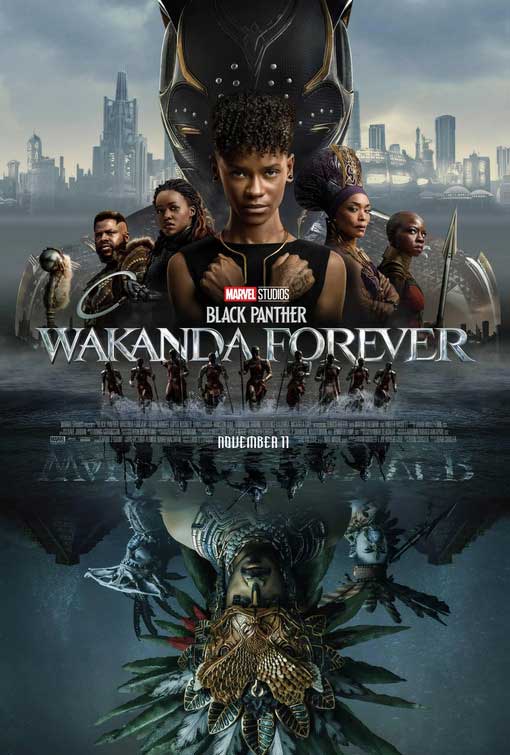
Black Panther: Wakanda Forever isn’t a great movie, but it is a very good one. It’s also the first Marvel movie in a long while to feel like a real, standalone movie, one with purpose and vision beyond setting the stage for the next installment of the MCU.
Director Ryan Coogler and team tackle the death of former star Chadwick Boseman head on, with many of the film’s characters grappling with the grief and anger of the loss of their nation’s leader and protector. The off-screen death of T’Challa is at the heart of Wakanda Forever and feels as organically central to the plot as it could be.
Personally, I would have just recast Boseman and moved on, but I’m also not paid to make billion-dollar decisions. Regardless, the end product is an emotional one, and while I’m not one to cry or even feel at movies, there are more than a few teary-eyed moments that audiences who suffer from the curse of emotion will quickly discover.
Wakanda Forever is nearly three hours long, but thankfully doesn’t feel it (should it have been shorter? Of course). It’s a well-written piece of comic book entertainment featuring fiery performances and writing that stands above much of the rest of the MCU. There is noticeably less snark and exhausting MCU humor to be found, and few overt references to the broader universe. And yet Wakanda Forever is by no means small in scope: it’s a globe-trotting film that toys with geopolitics in a smart way and introduces us to Namor, an underwater god of sorts who, along with his kingdom, is notably different from DC’s take on its underwater leader.
Tenoch Huerta plays Namor, and I have mixed feelings about him. He plays the role well, but I don’t feel the film entirely does him justice; Namor is a man (well, mutant) with strong and complex convictions, yet between his makeup/styling, costume, and even the writing something seems slightly off. Namor is still a badass character, but it’s clear Huerta is capable of doing even more.
Letitia Wright, who played super-smart and sassy sister Shuri in the first movie (essentially the funny sidekick, with brains), is forced into a much more challenging role here. She steps it up big time. She’s great, even though I’m not convinced that she’ll (MINI SPOILER) make a great Black Panther in the long run.
Angela Bassett is also fantastic, delivering a ferocious performance that if it weren’t in an MCU movie would likely cause some heads to turn during award season.
All that aside, Black Panther: Wakanda Forever has some solid action sequences and other great moments that keep this long movie fast-paced and ever-shifting. The action isn’t amazing, but it works in the context of the bigger film. As is standard for Marvel movies, the film begins to unravel a little toward the end. The climax is fun, but the presence of multiple Iron Man-esque suits serve more as a tired distraction than anything else. I’d also argue that for as smart as Wright’s character is, why she decides to battle Namor and his army in the middle of the ocean makes absolutely no sense.
Wakanda Forever isn’t perfect, by any means. The introduction of teenage genius Riri (Dominique Thorne) is pretty terrible and feels like one of the more forced elements in the movie; I would have cut her completely. The editing gets choppier as the movie goes along, especially as Coogler and team attempt to squeeze more and more things into the story and wrap up loose ends. You can tell there was a longer, more elegant cut that was sliced and diced to keep the running length only slightly tiring.
Black Panther: Wakanda Forever may not be a great movie, but it’s an entertaining, heartfelt, and fully realized Marvel movie that stands apart from its brethren. Once the decision was made not to recast Boseman, the cast and crew were given a momentous challenge; nits aside, they largely rose to meet it.
Review by Erik Samdahl unless otherwise indicated.


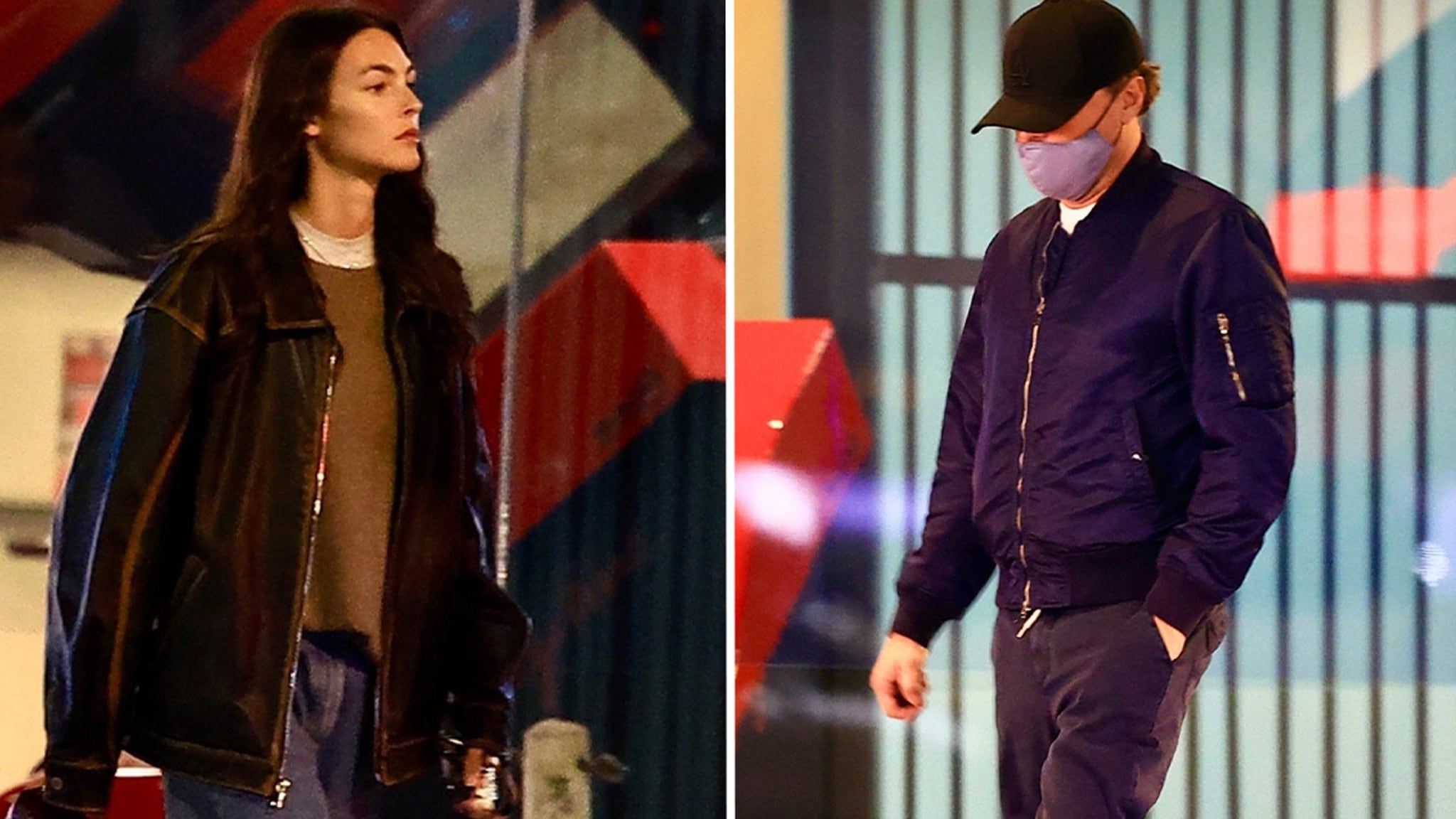






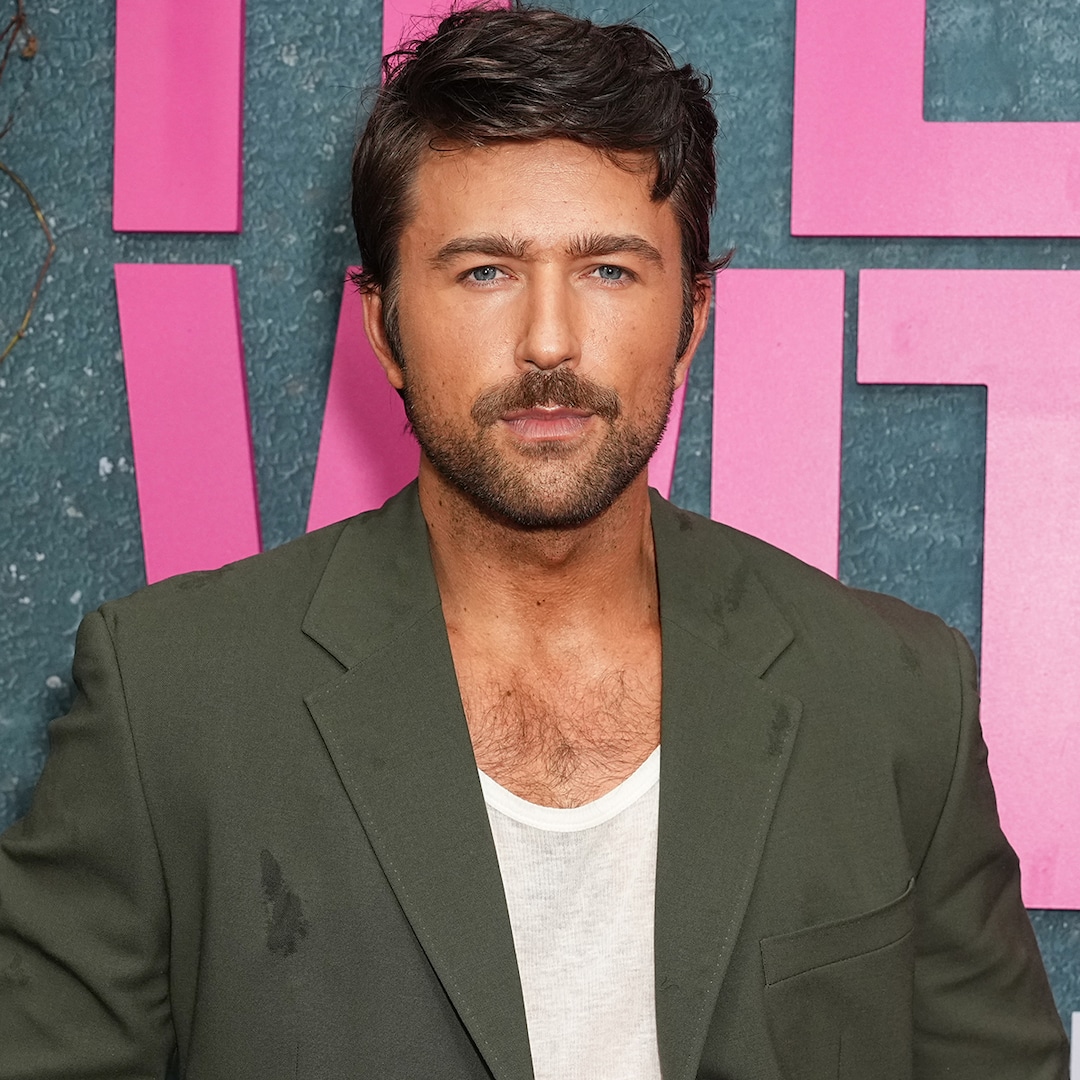









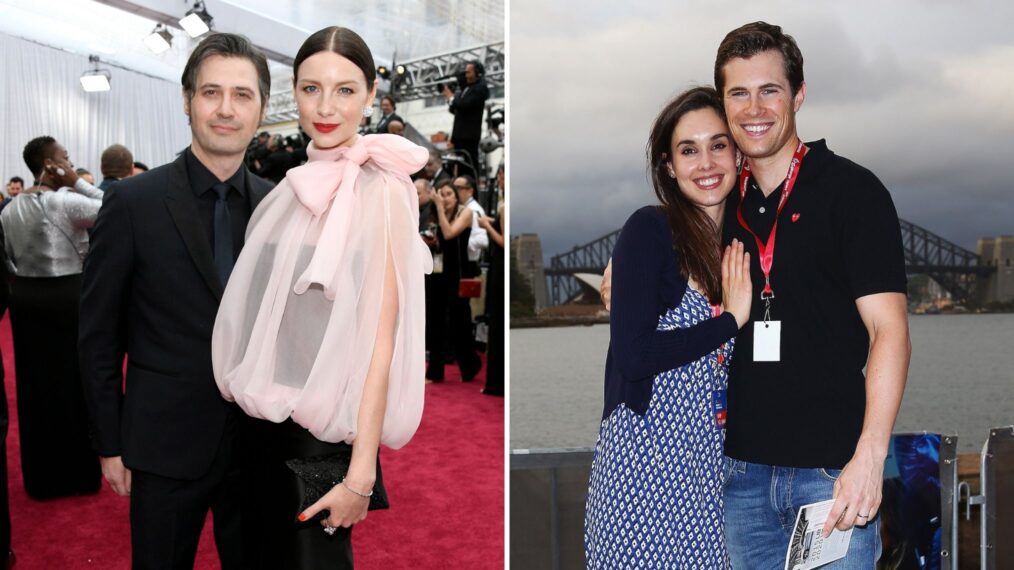
























:quality(85):upscale()/2024/12/24/622/n/1922564/9eb50f2c676abd9f1647c5.05876809_.jpg)

















